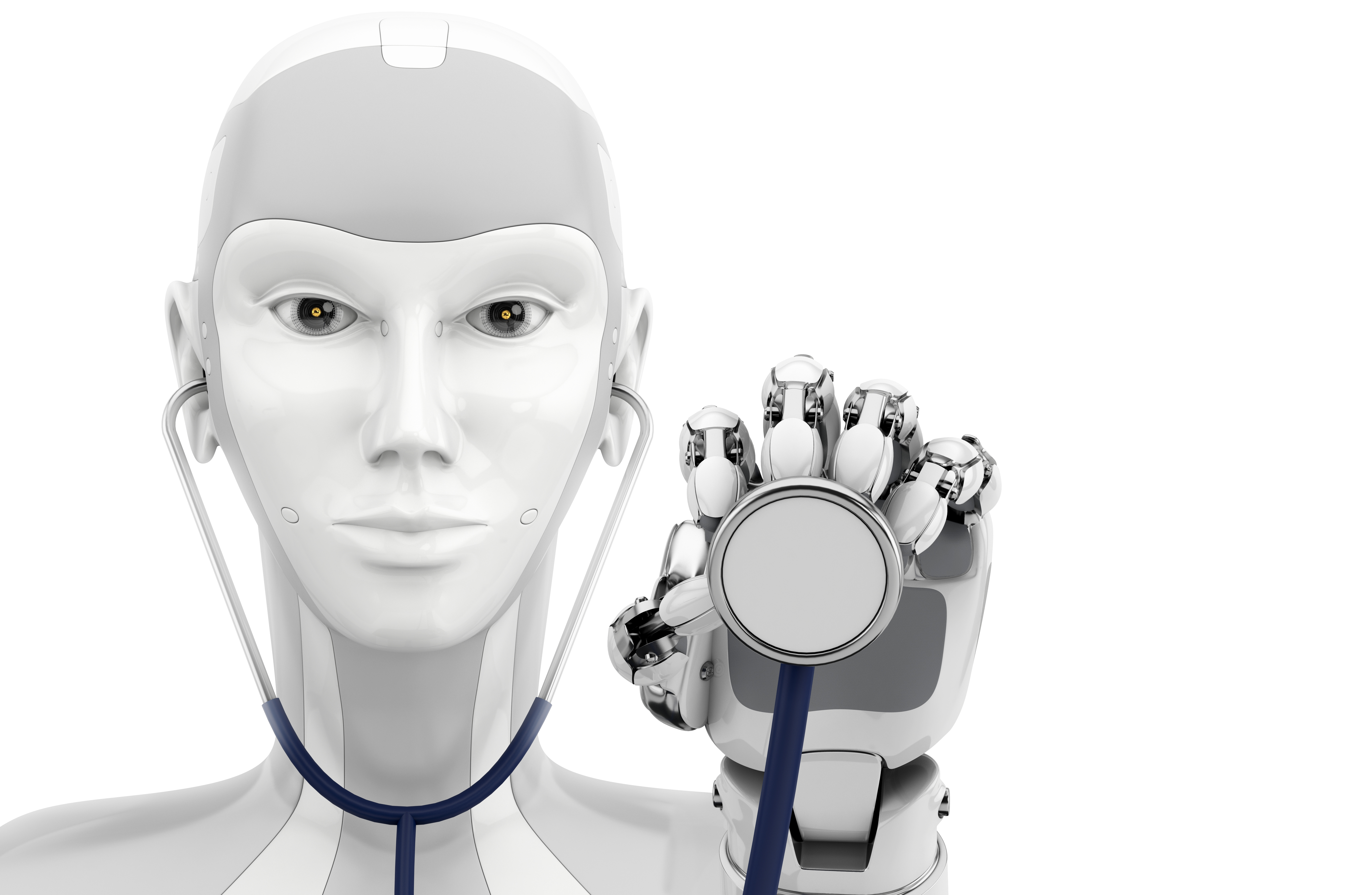
While there’s no shortage of buzz around the potential for AI in the short term, it’s in the long run that the investment is really going to pay off.
That’s one way to sum up remarks delivered by Dr. Anthony Chang, chief intelligence and innovation officer at Children's Hospital and Orange County, at last week’s HIMSS Machine Learning & AI for Healthcare event in Boston.
Put another way, Chang told the audience they would be wise to tamp down expectations for a dramatic revolution in healthcare anytime soon, but there’s still plenty of change coming.
Citing the wisdom, dubbed Amara's Law, once offered by Roy Amara, a 20th century scientist and innovator, Chang observed, "We tend to overestimate the effect of a technology in the short run and underestimate the effect in the long run.”
When it comes to AI and machine learning, many in healthcare are "anxious ... waiting for a lot of delivery right now," said Chang. "But if we can just hang in for a few years," the benefits will be immense.
Part of the current challenge, he noted, is to develop and maintain a clear-eyed understanding of what AI will and will not do.
For example, concerning the fear that AI will ultimately replace clinicians, Chang said, "I predict today that there are going to be more radiologists in the future, not less, because AI will make their jobs more interesting.”
Moreover, he pointed out that AI doesn’t need to be added to every aspect of healthcare
"Not every part of the hospital needs deep learning," he explained. "Some will benefit from easy, simple algorithms."
Speaking of deep learning, Chang suggested that “(d)eep learning is exciting but should only be the beginning. There’s more excitement to come in the next decades.”
A common way of framing humans' relations with AI, he explained, is that "machines are fast but kind of stupid; humans are slow but kind of smart.”
The future, he said, will be one where computers are both fast and smart, and today's deep learning will be supplanted by a much more cognitive technology.
As for the fear the AI will end up making clinicians less human and medicine more impersonal, Chang advised, "Think of AI in medicine as your clinical GPS. It’s not going to get it right 100 percent of the time. Humans absolutely need to be engaged, and have oversight.”
As for the future, Chang said it will require an all-hands-on-deck mentality, with "clinicians working much closer with data scientists.”
The key is to "stay patient," he said. "Don't overhype, but don't underestimate what it can do 20 years from now.”


